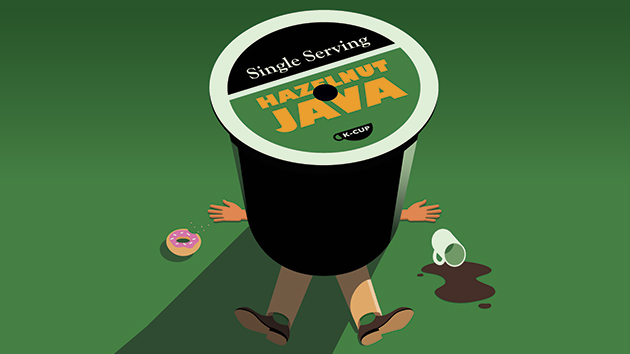
<a href="http://www.shutterstock.com/cat.mhtml?lang=en&language=en&ref_site=photo&search_source=search_form&version=llv1&anyorall=all&safesearch=1&use_local_boost=1&autocomplete_id=&searchterm=coffee&show_color_wheel=1&orient=&commercial_ok=&media_type=images&search_cat=&searchtermx=&photographer_name=&people_gender=&people_age=&people_ethnicity=&people_number=&color=&page=1&inline=261247157">Africa Studio</a>/Shutterstock
Coffee is one of the pleasures of existence. It’s also really good for us, an ever-expanding body of research suggests. The latest: an analysis of three large population studies by a team of researchers from the Harvard T.H. Chan School of Public Health. They concluded that regular consumption of between one and five cups a day is associated with significantly lower risk of dying from cardiovascular disease, type 2 diabetes, and brain disorders like Parkinson’s. (For those who drink more than five cups per day, the association unravels.)
Interestingly, the benefits are roughly the same for regular and decaf coffee—suggesting that something in the beloved beverage besides caffeine is the trigger. “Bioactive compounds in coffee reduce insulin resistance and systematic inflammation,” the study’s lead author, Ming Ding, said in a press release. The authors make clear that their results are consistent with “numerous” previous studies.
Now that coffee’s health-giving value is well established, we should probably think harder about an always–vexing problem: how to ensure that the people who tend and harvest this tropical crop get their fair share of the profits generated from it.

















